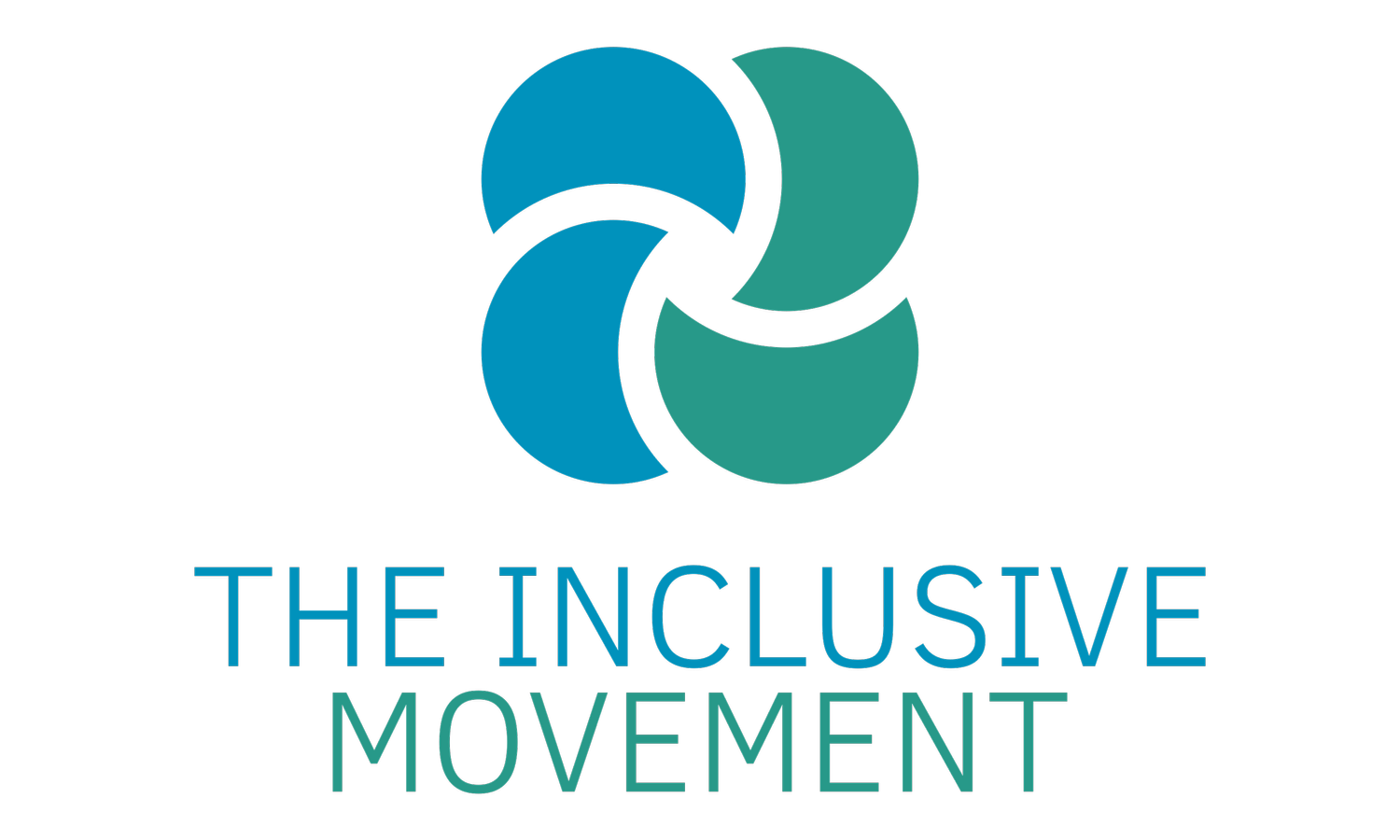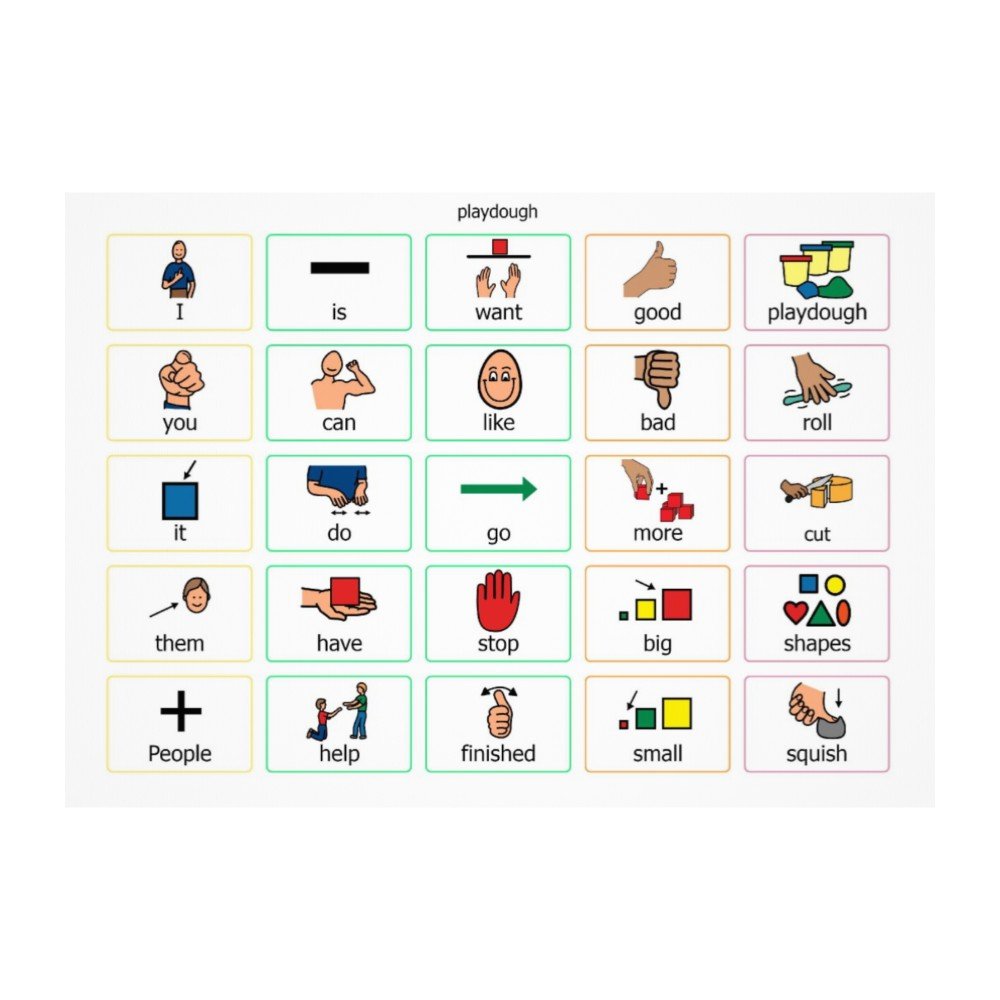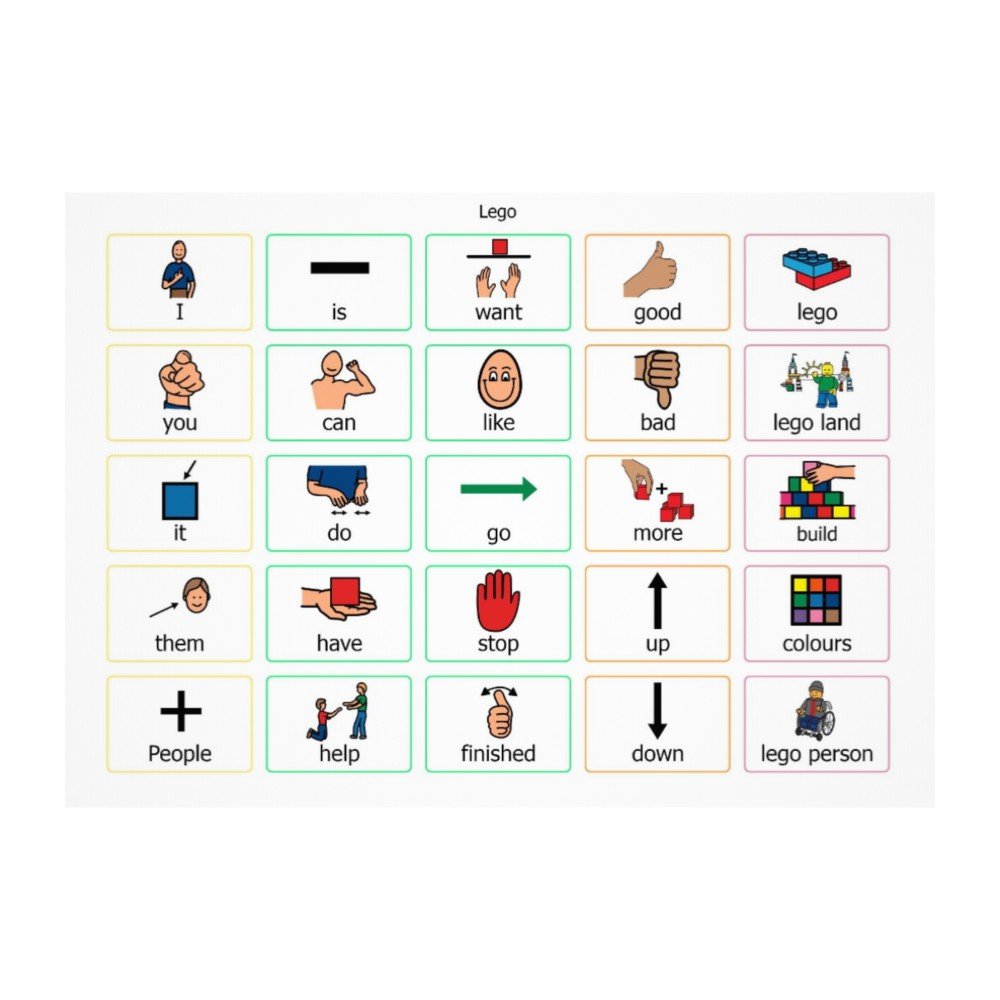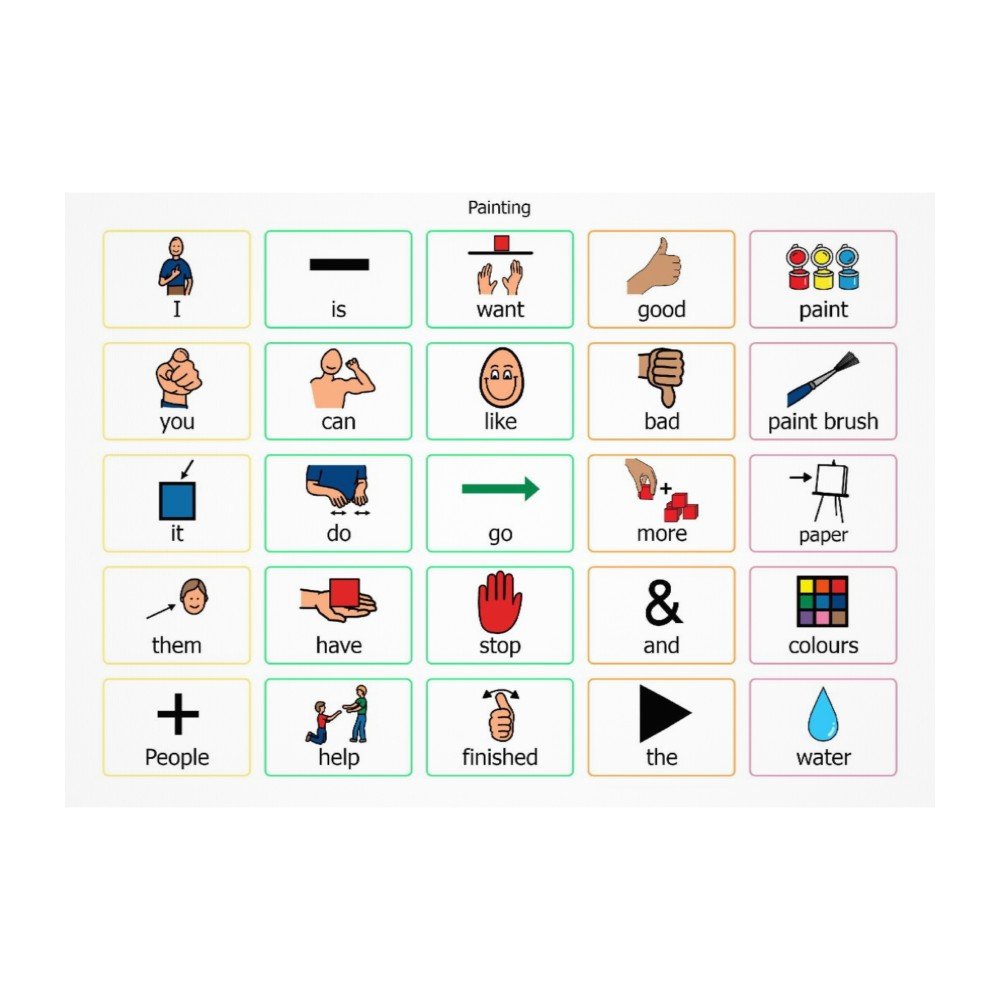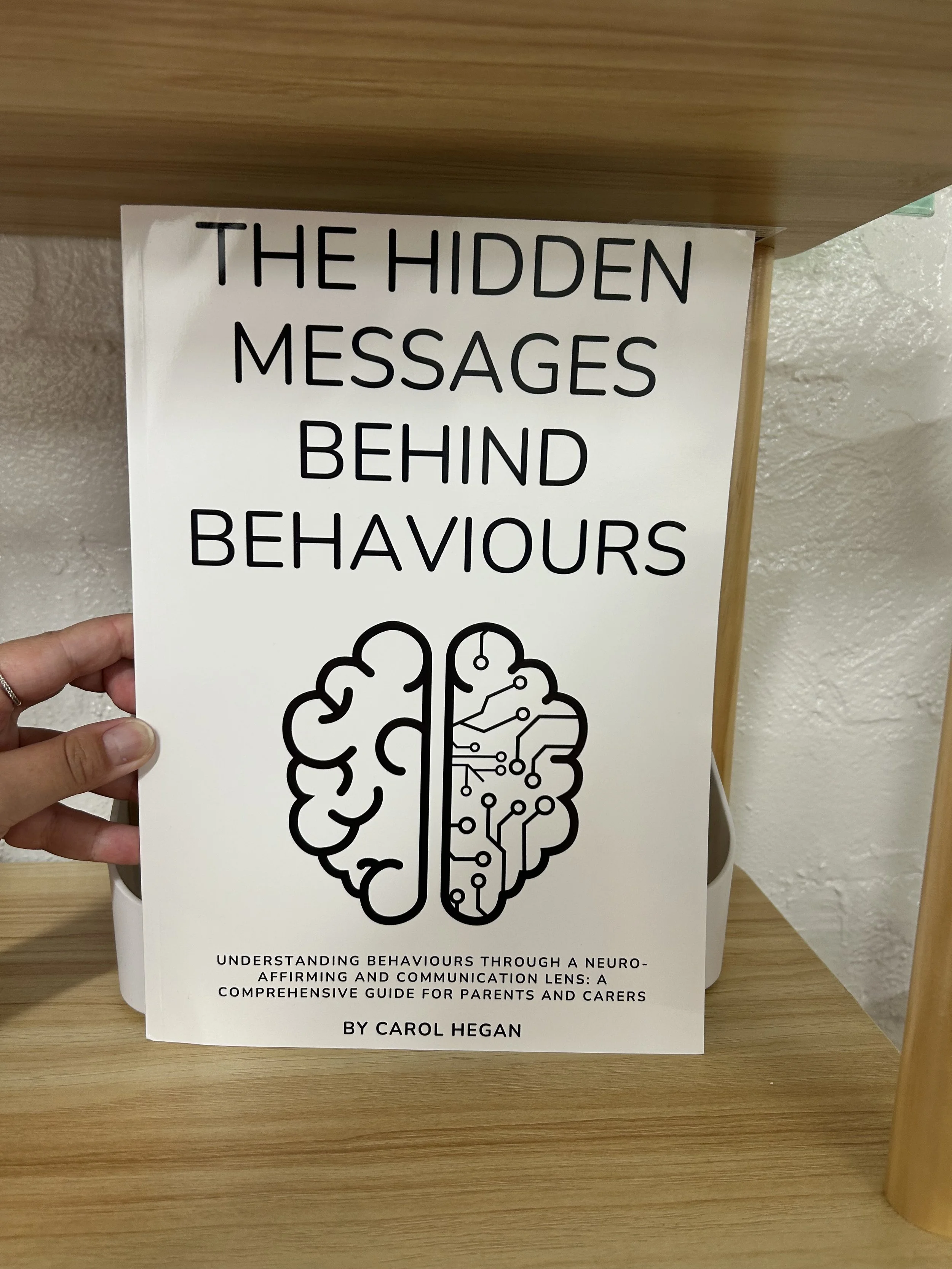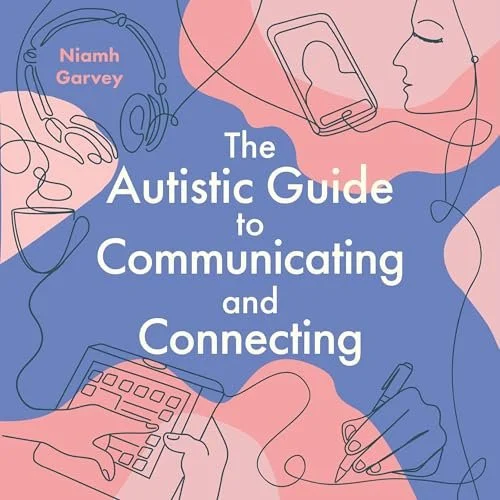 Image 1 of 1
Image 1 of 1


PDA in the Therapy Room - Raelene Dundon
Pathological Demand Avoidance (PDA) presents a unique challenge for professionals, whereby conventional therapy methods are often perceived as demands and met with opposition where they normally would have proven effective. This guide sets out the most effective strategies for clinicians to provide the best care for children with PDA, adapting conventional modes of therapy to suit their needs. Methods include indirect techniques such as play-based therapy or trauma-informed approaches enabling the child to process their experiences on their own terms.
With additional guidance for supporting the families of patients and addressing common obstacles, this book provides understanding and guidance for professionals making a difference to the lives of children with PDA.
About the Author
Raelene Dundon is the Director of Okey Dokey Childhood Psychology in Melbourne, Australia. Raelene has extensive experience working with children with developmental disabilities and their families, as well as typically developing children, providing educational, social, emotional and behavioural support.
Pathological Demand Avoidance (PDA) presents a unique challenge for professionals, whereby conventional therapy methods are often perceived as demands and met with opposition where they normally would have proven effective. This guide sets out the most effective strategies for clinicians to provide the best care for children with PDA, adapting conventional modes of therapy to suit their needs. Methods include indirect techniques such as play-based therapy or trauma-informed approaches enabling the child to process their experiences on their own terms.
With additional guidance for supporting the families of patients and addressing common obstacles, this book provides understanding and guidance for professionals making a difference to the lives of children with PDA.
About the Author
Raelene Dundon is the Director of Okey Dokey Childhood Psychology in Melbourne, Australia. Raelene has extensive experience working with children with developmental disabilities and their families, as well as typically developing children, providing educational, social, emotional and behavioural support.
